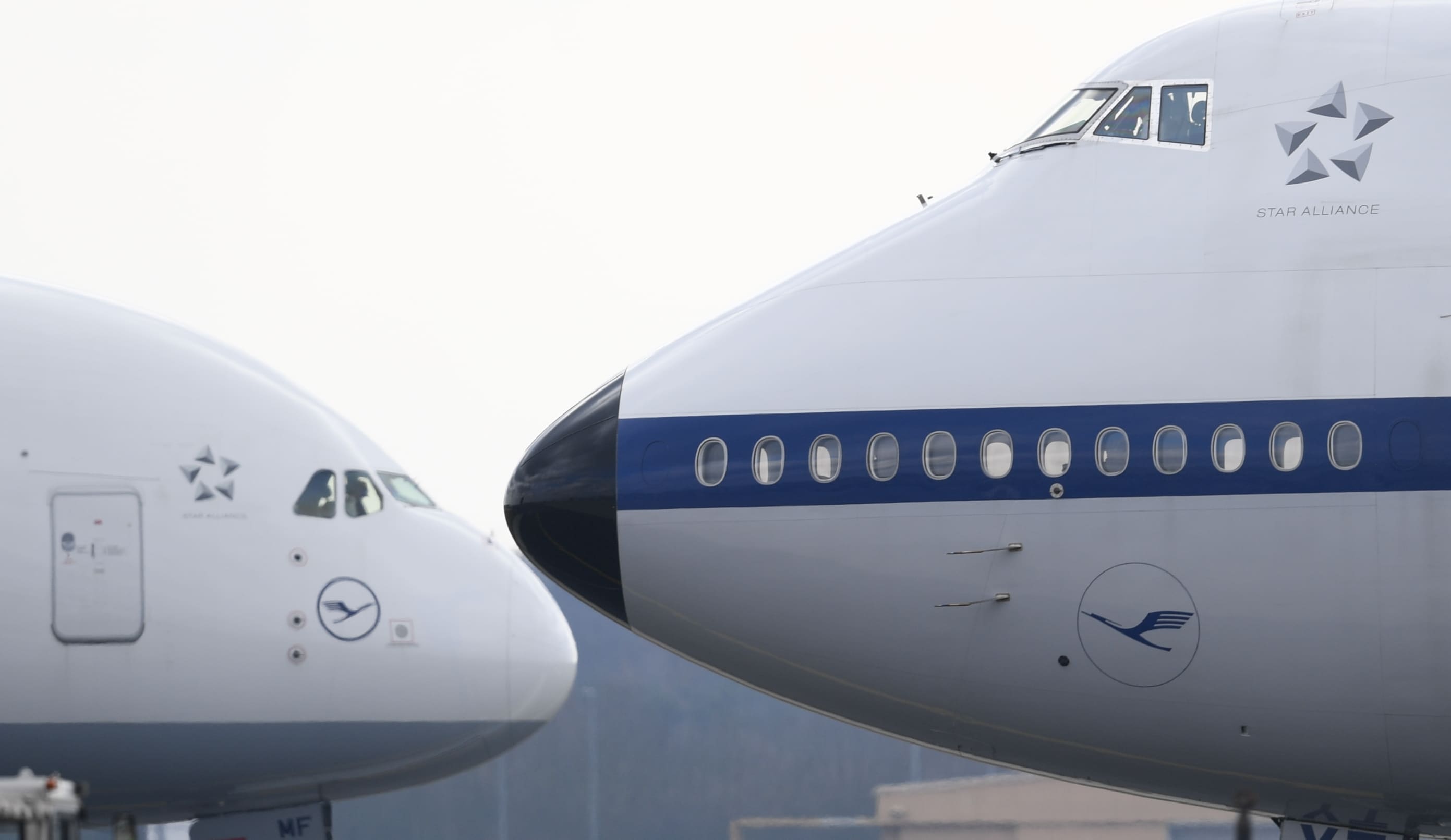Boeing and Airbus won’t gain anything by “going at each other’s jugular,” according to the European planemaker’s top salesman.
Earlier this week, Airbus shares slumped on reports that the World Trade Organization will soon grant President Donald Trump the right to slap billions of dollars in tariffs as recompense for subsidies granted to Airbus by European lawmakers.
The EU has its own separate case before the WTO, in which it argues that the U.S. planemaker Boeing receives unfair financial assistance from the U.S. federal government. That ruling is estimated to be about nine months behind.
Speaking to CNBC’s Charlotte Reed Wednesday, Airbus’s Chief Commercial Officer (CCO), Christian Scherer, said the legal action was unlikely to benefit either firm.
“I don’t think that the aerospace communities or eco-systems on either side of the Atlantic have anything to gain (by) going at each other’s jugular,” he said at the launch of the firm’s annual commercial outlook.
Scherer said Airbus procures 40% of components and expertise from the United States and described the effect of disruption to its U.S. supply chain as potentially “very, very violent.”
The CCO called on politicians, trade regulators, and industry chiefs to get together and draw a line under the decades-long dispute.
“We are hopeful that these positions that are being taken are going to bring the parties to the table to finally bury on the hatchet on this transatlantic feud.”
Comac no threat
The Chinese aviation market is widely tipped to become the largest in the world within a few years as the country’s huge population becomes increasingly richer.
To gain a slice of the aerospace pie, Beijing has heavily backed the state-run Commercial Aircraft Corporation of China (Comac) to produce a rival offering to challenge the duopoly enjoyed by Boeing and Airbus.
The Comac C919, a narrow-body twinjet airliner, is expected to come into service in 2021 and a larger twin-aisle C929 is scheduled to follow in 2026.
Airbus’s latest market forecast makes no mention of competitors disrupting sales by Boeing or Airbus over the next two decades, but Scherer argued that this was not down to complacency but more a recognition that Comac’s new planes don’t bring anything new to the market.
The chief sales executive said between now and 2038 Comac was unlikely to persuade many airlines to change their fleet mix.
